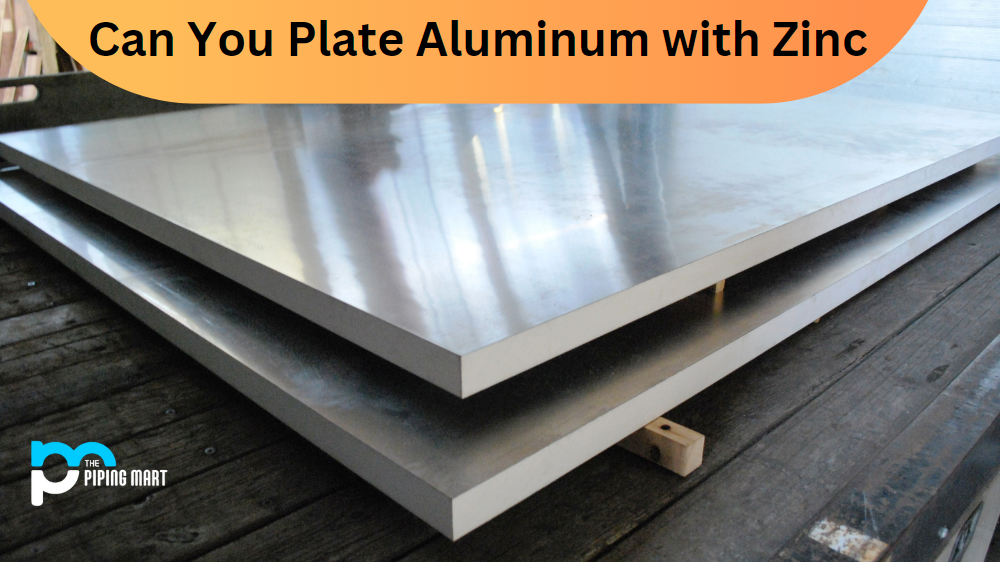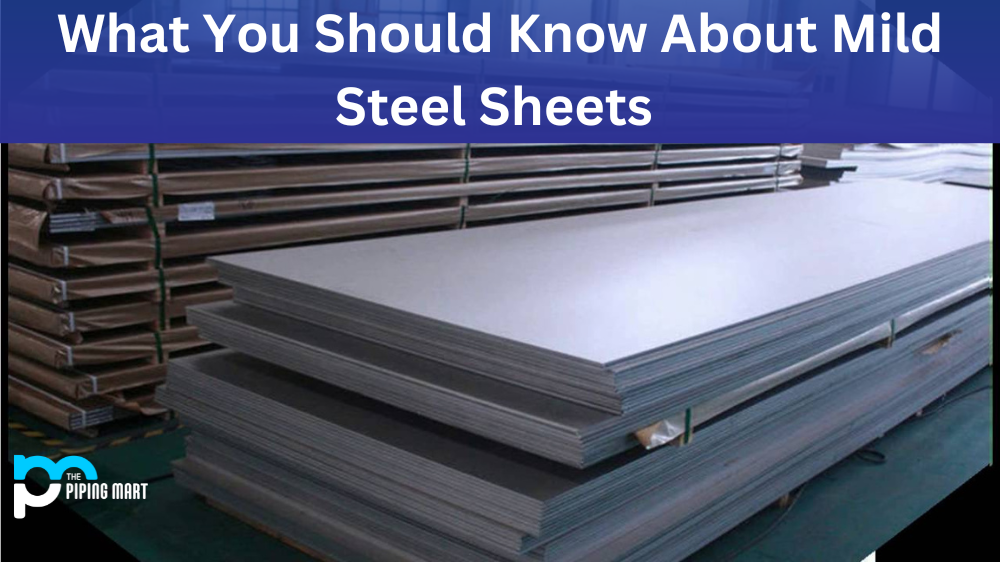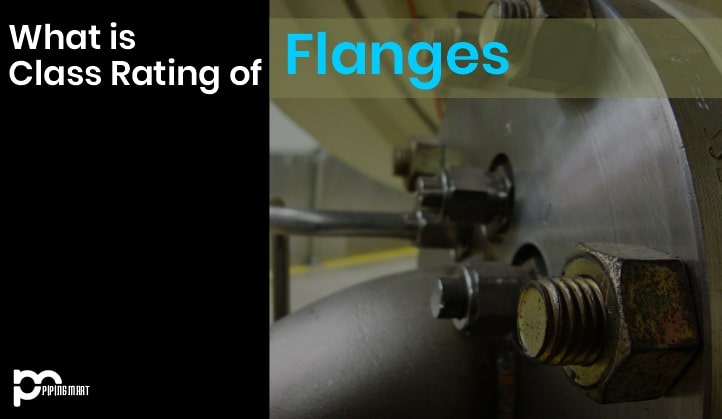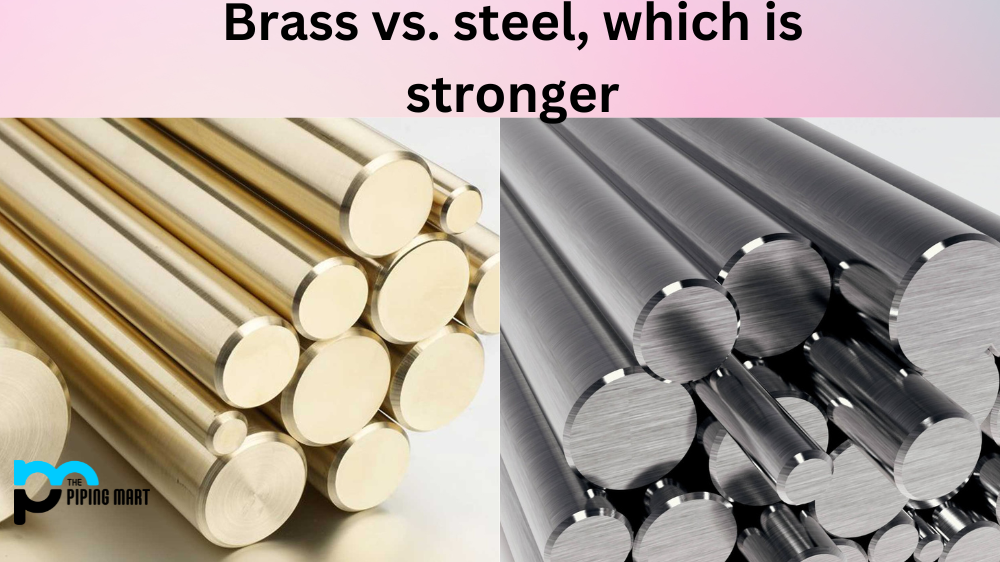Zinc plating is a popular finishing process used on several materials, such as steel, brass, and copper, to improve their durability, corrosion resistance, and appearance. But what about aluminium? Can you zinc plate aluminium? The short answer is yes. However, the process is different from plating other metals. This blog post will cover everything you need about plating aluminium with zinc.
Difference Between Zinc Plating Aluminium and Other Metals
Zinc plating involves covering the surface of a metal with a layer of zinc through electroplating. While it is relatively straightforward to plate zinc onto steel, brass, and copper, aluminium requires a slightly different process. The reason is that the zinc layer can react with aluminium, producing a galvanic cell that causes corrosion. To prevent this issue, aluminium must be pretreated before zinc plating.
Pretreatment Process
The pretreatment process involves cleaning, etching, and activating the aluminium surface. Cleaning removes contaminants from the surface, such as oil, grease, or dirt. Etching involves dipping the aluminium into an acid solution to roughen its surface and provide a better grip for the zinc layer. And activating involves applying a zincate solution to the surface to start the plating process.
Choosing the Right Zinc Plating Method
Once the aluminium has been pretreated, it is ready for zinc plating. Two primary methods for zinc plating aluminium are alkaline cyanide and acid chloride. The alkaline cyanide method is the most common and involves immersing the aluminium in a cyanide-based solution containing zinc ions. The acid chloride method is faster, more efficient, expensive, and hazardous.
Benefits of Zinc Plating Aluminum
Zinc plating aluminium offers several benefits, such as increased corrosion resistance, improved appearance, and enhanced electrical conductivity. The zinc layer acts as a barrier against corrosion, preventing the aluminium from oxidizing and forming an aluminium oxide layer. Additionally, zinc plating gives aluminium a shiny, polished look that can be desirable in various applications. Finally, the zinc layer can improve the electrical conductivity of aluminium, making it useful in electronic devices.
Limitations of Zinc Plating Aluminum
While zinc plating aluminium can provide several benefits, it does have some limitations. For example, the zinc layer is relatively thin and may wear off over time, especially in high-wear applications. Additionally, zinc plating provides less corrosion resistance than other coatings, such as anodizing or powder coating. Finally, some environmental and safety concerns are associated with the pretreatment and plating process, making it important to handle them with care.
Conclusion
In conclusion, zinc plating aluminium is possible, but it requires proper pretreatment to prevent the formation of a galvanic cell and corrosion. The pretreatment process involves cleaning, etching, and activating the aluminium surface, while the plating process can be done using either alkaline cyanide or acid chloride solutions. Zinc plating aluminium provides several benefits, such as improved corrosion resistance, enhanced appearance, and better electrical conductivity. Still, it has some limitations, such as wear over time and less corrosion resistance than other coatings. Therefore, it is essential to consider the application and environmental factors when choosing the plating method for aluminium.

Meet Bhavesh, a seasoned blogger with a wealth of knowledge and experience. From metal products manufacturing to retail, Bhavesh has a diverse background in various industries and is dedicated to sharing his insights and expertise with readers.




